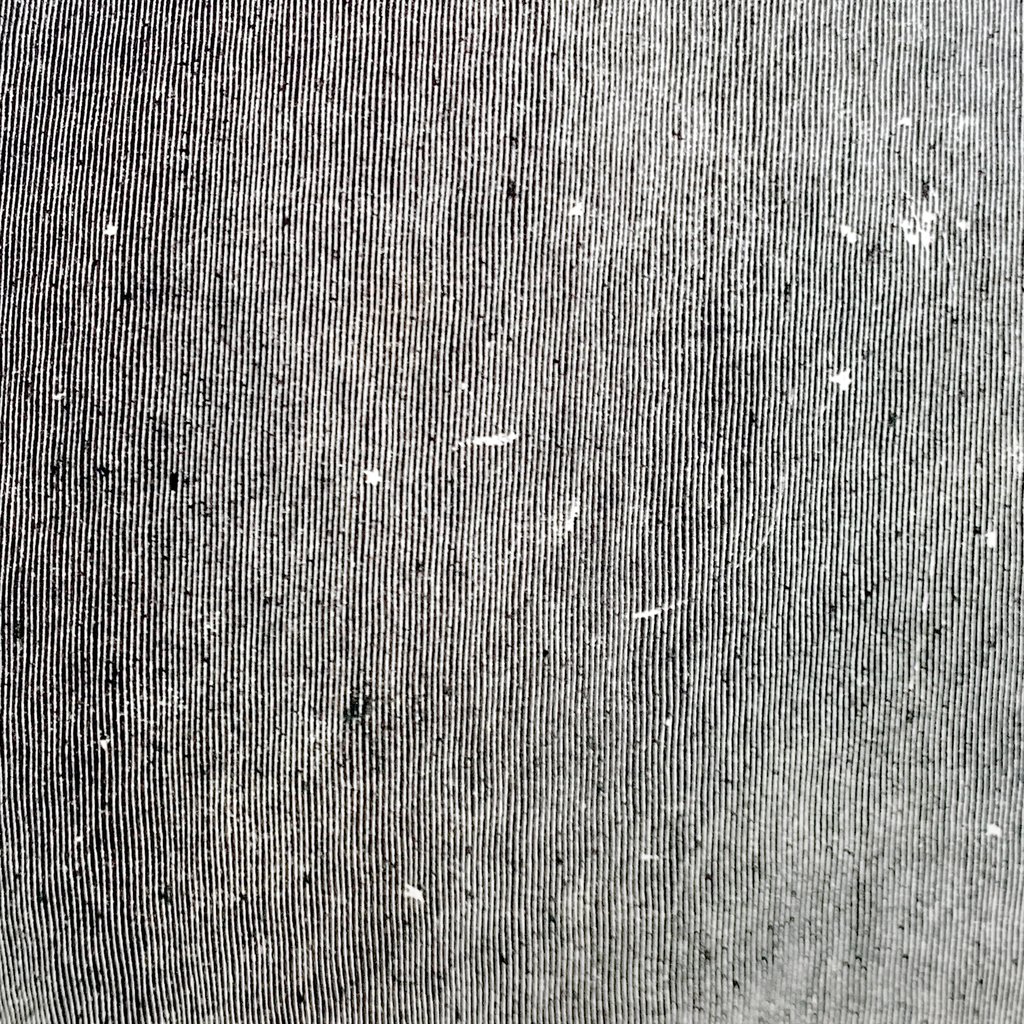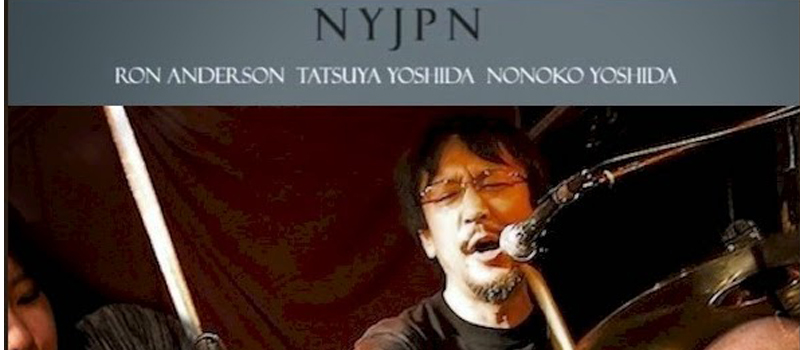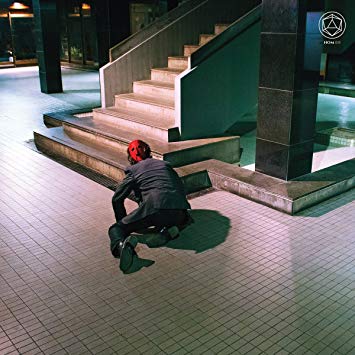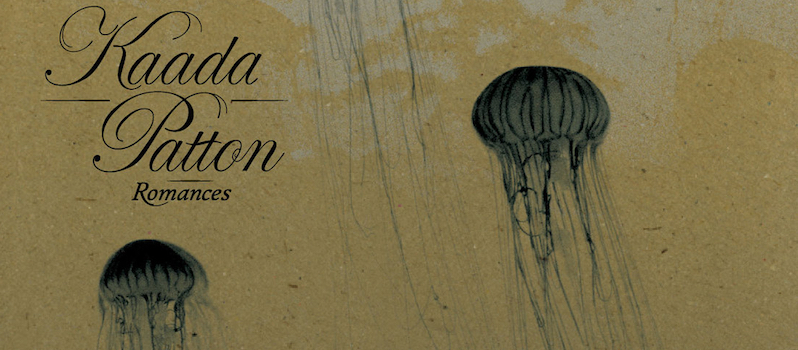The record starts with a muted buzzsaw and a recording of unnamable industrial noise but, don’t be mistaken: Low’s new LP is not the noise-laden sensory head trip that 2018’s Double Negative was. As you trek through the LP – 10 songs occasionally dripping in ambient goo, though with crystal-clear harmonies always front and center, and very high this time in the mix – you get a sense that America’s favorite slowcore sweethearts are offering hindsight commentary on their last LP, which drew lofty comparisons to Radiohead’s Kid A, the chaos of Bjork’s Homegenic and Bon Iver’s reinvention LP, 22, A Million. The sense of disarray, and of a somber dislocation, are still featured prominently on Hey What — but the group, unlike on Double Negative, isn’t bleeding intensely out of every seam.
The new record, as a result, is a safer, occasionally jumbled and less ambitious affair than its predecessor – but still, in its finer moments (there are a few) oddly beautiful and wonder-cast. If Double Negative stormed at the existential angst of the lying-fixated Trump era (Sparhawk called the former president a “prick” on-stage), the new album maintains COVID-19’s globe-spanning ennui but gives credence to the smoothed-over narratives of Biden’s America. The band’s carefully cooed and carefully recorded harmonies – ever-present a d at times even entrancing on Hey What – begin to introduce larger questions about the intent of the duo’s performance space.
A record that’s desperately easy to love starts with a great single and Hey What has that in “White Horses,” the LP’s opener. While the aforementioned and largely shapeless drone-noise kicks off the LP, its tightly clipped distorted guitar, edited into a careful backbeat, lays bare the song’s innards. Those inner-workings are almost poppy in their intent to glaze over the ugliness of the world around it. The song’s short but effective lyrics tremor with Mimi Parker’s higher register – “There isn’t much past believing/ Only a fool would have a faith/ Though it’s impossible to say, I know/ Still, white horses take us home.” But the song is rather conventional in construction, which is easy to forget when listening to the sturm und drang of it all. They play similar tricks elsewhere: On “Disappearing,” Parker and Alan Sparhawk moan heavenly halos over a repeating, inverted guitar loop that seems to disintegrate into the ether. It’s texturally interesting, but again, the band’s reliance on traditional verse/chorus/verse structures and two-part melodies lends an oddball conventionality that leads listeners to question the underpinning of such coarse backdrops.
Which might, it turns out, be entirely the point – at least at certain intersections. Beatific (and arguably more conventional) Low records like Things We Lost In The Fire or their Sub Pop debut The Great Destroyer, often orbited around the angelic vocal interplay of Sparhawk and Parker, with the sparsely decorated post-rock details – a brushed snare, a strummed electric guitar – feeling second-hand and, in lesser moments, almost incidental. If a listener is coming to hear the pair sing, what does it matter if what’s backing them is the dirge and moan of a dying machine?
Yes, this thesis fits on between-statement songs like the largely disposable “There’s A Comma After Still,” a possible reference to the lyrics of “White Horses.” But it seems out of place, though, on airier, more atmosphere-driven pieces like “Hey” or “Don’t Walk Away,” where Low seems to wring dire measures of emotion out of church-ready organs and heady vocal loops. The band really hits its stride late in the LP, with a trio of closing songs that climaxes with the epic “The Price You Pay (It Must Be Wearing Off).” That song’s lyrics, sung plaintively, are worth reading in their entirety.
Low remains at the top of its game in presenting a sentimental type of world-weariness. But on Hey What, it mixes messages about its intent and goes too far trying to erase the weirder and, yes, more sublime moments of its genre-defying predecessor. Listeners might be divided over ambient constructions topped off with conventionally recorded vocals – or wonder what messages they’re peddling. Then again, maybe they won’t. On the surface of things, Hey What can be accessible, even aesthetically pleasing – and, for some, that’s more welcome than the obtuse nature of Double Negative. Low doesn’t sound sure which tack they’re taking but, even in the malaise, they make it sound amazing. — Justin Vellucci, Spectrum Culture, Sept. 9, 2021
-30-




